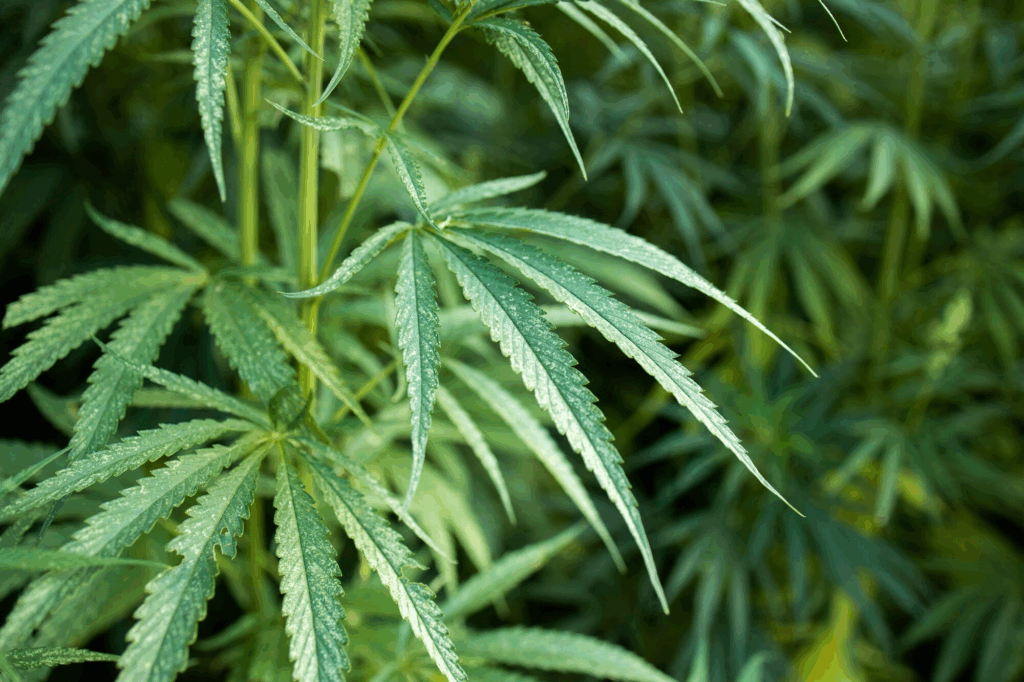Are you looking to build strong, toned muscles? If so, you know that protein is key to fueling your gains. In this article, we’ve got you covered with a list of 5 protein-rich foods that will help you sculpt your ideal physique.
Whether you’re a fitness enthusiast or a bodybuilder, protein is essential for repairing and building muscle tissue. It provides the amino acids needed to support muscle growth and recovery after intense workouts. From lean meats like chicken and turkey to plant-based sources like beans and lentils, we’ll explore a variety of options to suit different dietary preferences.
For those who also enjoy testing their strategic skills in games of chance, incorporating high-protein snacks can keep you energized during long sessions. Click here to explore how maintaining a balanced diet can enhance focus and performance, even in activities like casino games.
So, if you’re ready to take your fitness goals to the next level, read on to discover 5 protein-rich foods that will help sculpt strong, toned muscles. Get ready to fuel your gains and achieve the physique you’ve been working hard for.
The Importance Of Protein For Muscle Growth
Protein plays a critical role in muscle growth and repair, making it an essential nutrient for anyone looking to enhance their physique. When you engage in resistance training or high-intensity workouts, the muscle fibers experience stress and minor tears. This is a natural part of the muscle-building process; however, to support recovery and growth, your body requires adequate protein intake. Protein is made up of amino acids, which are the building blocks of muscle tissue. These amino acids help repair the damage caused during exercise and stimulate muscle protein synthesis, leading to stronger and more toned muscles.
Moreover, protein consumption is crucial for maintaining a positive nitrogen balance in the body. A positive nitrogen balance indicates that the amount of nitrogen consumed through protein is greater than the nitrogen excreted, which is essential for muscle growth. Without sufficient protein, your body may enter a catabolic state, where it breaks down muscle tissue for energy. This is counterproductive to the goal of building muscle and can lead to loss of strength and overall fitness. Therefore, ensuring an adequate intake of protein is vital for anyone serious about muscle development.
Protein-Rich Foods For Muscle Sculpting
By understanding the benefits of these protein-rich foods and how to incorporate them into your daily meals, you’ll be well on your way to sculpting the strong, toned physique you’ve always desired. Whether you prefer animal-based proteins or plant-based options, there is something for everyone to enjoy while maximizing muscle growth and recovery.
Lean Meats And Poultry
Lean meats and poultry are some of the most popular protein sources for individuals seeking to build muscle. Chicken breast, turkey, and lean cuts of beef are packed with high-quality protein, making them ideal for muscle repair and growth. For instance, chicken breast contains about 31 grams of protein per 100 grams while being low in fat, which is beneficial for those looking to minimize calorie intake while maximizing protein consumption. Additionally, turkey is another excellent choice, offering similar nutritional benefits and versatility in preparation.
Fish And Seafood
Fish and seafood are not only delicious but also among the best sources of protein available, and even frozen seafood provides excellent nutrition and convenience without sacrificing quality. Many people assume that frozen options are less nutritious, but modern flash-freezing techniques lock in freshness, taste, and essential nutrients. Choosing frozen seafood also makes it easier to enjoy a wide variety of fish year-round, regardless of location or season. Varieties such as salmon, tuna, and shrimp provide high-quality protein while being rich in omega-3 fatty acids, which are known for their anti-inflammatory properties.

Omega-3s are essential for muscle recovery, making fish an excellent choice for anyone engaged in regular physical activity. For example, a 100-gram serving of salmon contains approximately 25 grams of protein and is also a great source of heart-healthy fats.
Plant-Based Protein Sources
For those following a vegetarian or vegan lifestyle, there are plenty of plant-based protein sources that can help you achieve your muscle-building goals. Legumes such as lentils, chickpeas, and black beans are excellent options that offer substantial protein content along with essential nutrients like fiber, iron, and folate. For instance, a cup of cooked lentils provides approximately 18 grams of protein, making it a powerhouse for those looking to increase their intake without relying on animal products.
Dairy Products And Eggs
Dairy products and eggs are excellent sources of protein that can complement your muscle-building diet. Greek yogurt, cottage cheese, and milk are particularly high in protein while also providing calcium, which is essential for bone health. Greek yogurt, for example, contains about 10 grams of protein per 100 grams and is versatile enough to be eaten on its own or added to smoothies and sauces for added creaminess and nutritional benefits. Cottage cheese is another great option, offering a similar protein content. It can be enjoyed as a snack or incorporated into various recipes.

Eggs are often referred to as a “perfect protein” due to their high biological value, which means they provide all the essential amino acids your body needs. One large egg contains around 6 grams of protein along with vitamins and minerals crucial for energy and recovery. The yolk, often overlooked, contains valuable nutrients such as choline, which supports brain health. Eggs can be prepared in numerous ways—boiled, scrambled, or as an omelet—making them a convenient and nutritious addition to any diet.
Nuts And Seeds
Nuts and seeds are often overlooked as protein sources, but they can provide a significant boost to your daily intake. Almonds, walnuts, chia seeds, and flaxseeds are just a few examples of nutrient-dense foods that offer both protein and healthy fats. For instance, a 100-gram serving of almonds contains about 21 grams of protein along with fiber, vitamin E, and magnesium. This makes them an excellent snack choice for those looking to increase protein intake while also benefiting from the numerous health-promoting properties of nuts.
Protein Supplements
For individuals who find it challenging to meet their protein needs through food alone, protein supplements can be a convenient solution. Protein powders, such as whey and casein, and plant-based options, like pea or soy protein, offer a concentrated source of protein that can easily be incorporated into smoothies, shakes, or baked goods. Whey protein, in particular, is popular among athletes and fitness enthusiasts due to its high biological value and quick absorption rate, making it ideal for post-workout recovery.
While protein supplements can be an effective way to increase protein intake, it’s important to choose high-quality products that are free from unnecessary additives and fillers. Be sure to read labels carefully and select options that align with your dietary preferences and goals. Additionally, consider using protein supplements as a complement to whole food sources rather than a replacement. Whole foods provide not only protein but also other essential nutrients that supplements may lack.
Conclusion
In conclusion, protein is a fundamental nutrient for anyone looking to build strong, toned muscles. The foods discussed in this article provide a wide array of options to help fuel your gains and support muscle recovery. From lean meats and fish to plant-based sources and dairy, incorporating diverse protein-rich foods into your diet will not only enhance your muscle-building efforts but also contribute to overall health and well-being.
As you work towards your fitness goals, consider setting specific protein intake targets based on your individual needs and lifestyle. A general guideline for those looking to build muscle is to aim for 1.6 to 2.2 grams of protein per kilogram of body weight. This can vary depending on factors such as activity level, age, and fitness goals, so it’s essential to tailor your protein consumption to suit your circumstances.




